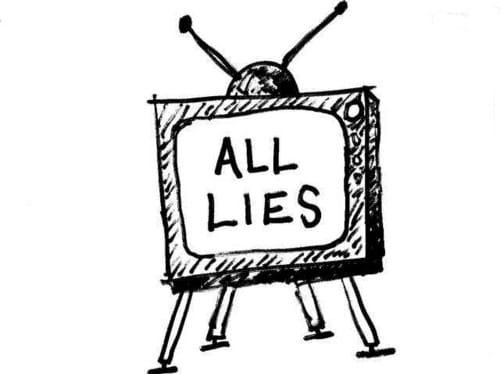In an age when information is abundant, and critical thinking is in short supply, it’s worth asking: what stands in the way of intelligence? The answer, perhaps surprisingly, is ideology. Far from being a framework for understanding the world, ideology often functions as a blinder—a set of preordained answers that discourage questioning and critical evaluation. And in politics, the consequences are profound.
One of the clearest examples of this is how the word radical is used. In our political discourse, radical has become a pejorative, synonymous with extremism or danger. To call an idea or person radical is to dismiss them as outside the bounds of reason or practicality. This is not only a failure of imagination but a deliberate act of gatekeeping. It ensures that bold, transformative ideas are marginalized before they can even be seriously considered.
Yet many of the most important ideas in history were once considered radical. Universal suffrage, abolition of slavery, and even public healthcare were once seen as dangerous, fringe concepts. What made these ideas powerful was their willingness to challenge existing systems of power and offer alternatives. What makes them radical today is not their impracticality but their demand for systemic change—a direct challenge to the ideological status quo.
The Illusion of the Political Centre
At the same time, ideology sustains the myth of a political "centre." We are told that the centre represents reason, stability, and moderation, while anything outside of it is extreme or irrational. But this too is an ideological construct. The so-called centre is not neutral; it is a reflection of the prevailing power structures and their interests. It shifts over time, not because it becomes more rational, but because those in power redefine what is "reasonable."
This illusion has a chilling effect on political imagination. It tells us that the world as it is—capitalism, hierarchy, incrementalism—is the only viable option. To propose otherwise is to risk being labeled radical, fringe, or worse. And so, even in times of crisis, when bold action is needed, we retreat to the safety of the centre, mistaking it for wisdom.
The Path Forward: Radical Intelligence
If we are to break free from this ideological straitjacket, we must reclaim the ability to explore and evaluate radical ideas without prejudice. This requires a commitment to intelligence—not just in the sense of knowledge, but in the sense of curiosity, adaptability, and critical thinking.
Radical ideas should not be dismissed out of hand; they should be tested, debated, and refined. They should be understood as experiments in problem-solving, rather than threats to stability. And most importantly, they should be evaluated on their merits, not their ideological conformity.
This approach is not about rejecting ideology altogether—that would be naïve. It is about refusing to let ideology replace intelligence. It is about recognizing that our most pressing challenges—climate change, inequality, authoritarianism—cannot be solved by clinging to the centre. They require radical thinking, unbounded by the fear of being labeled as such.
A Call to Rethink Authority
In the end, the future of authority depends on our ability to rethink the relationship between ideas and power. Authority, in its most constructive form, should be rooted in wisdom, not conformity. It should encourage exploration, not stifle it. And it should empower us to imagine a better world, rather than merely sustain the one we have.
If intelligence is to prevail over ideology, we must embrace the radical—not as a threat, but as a vital tool for renewal and progress. Let us move beyond the illusion of the centre and the stigma of the radical. Let us reimagine what authority, and the world, could be.


